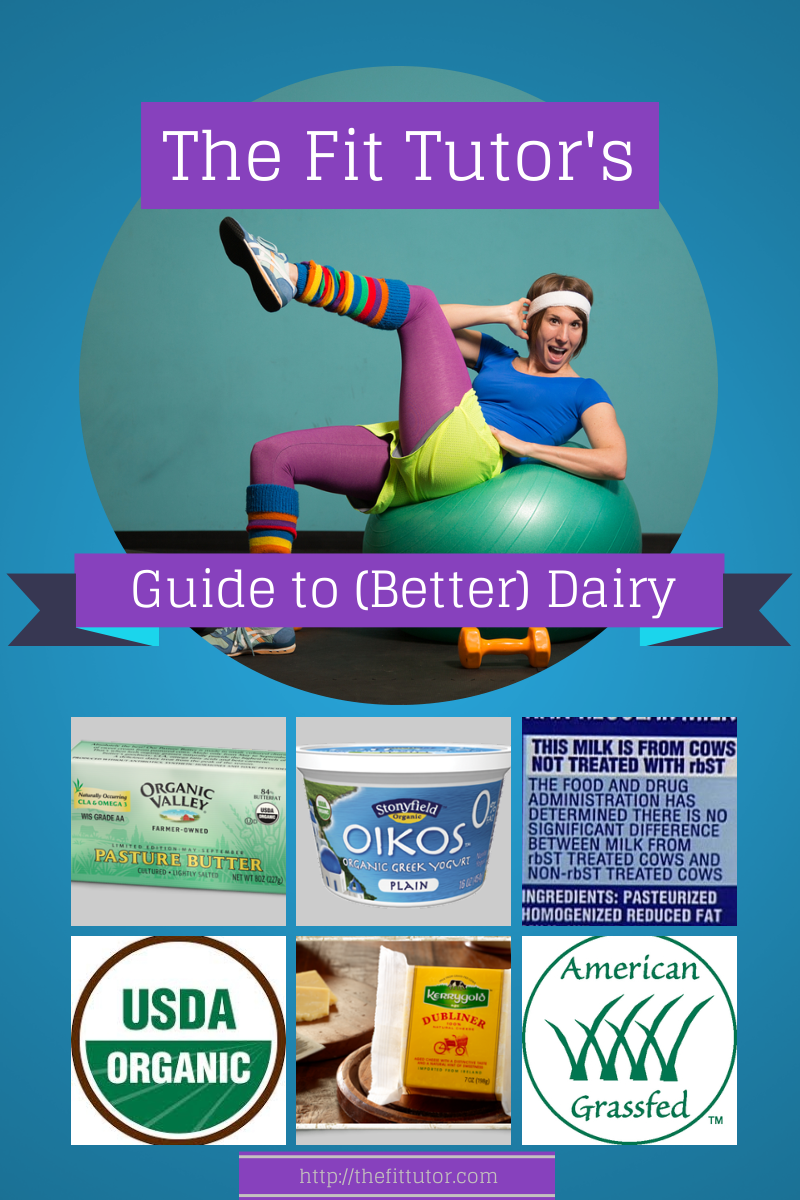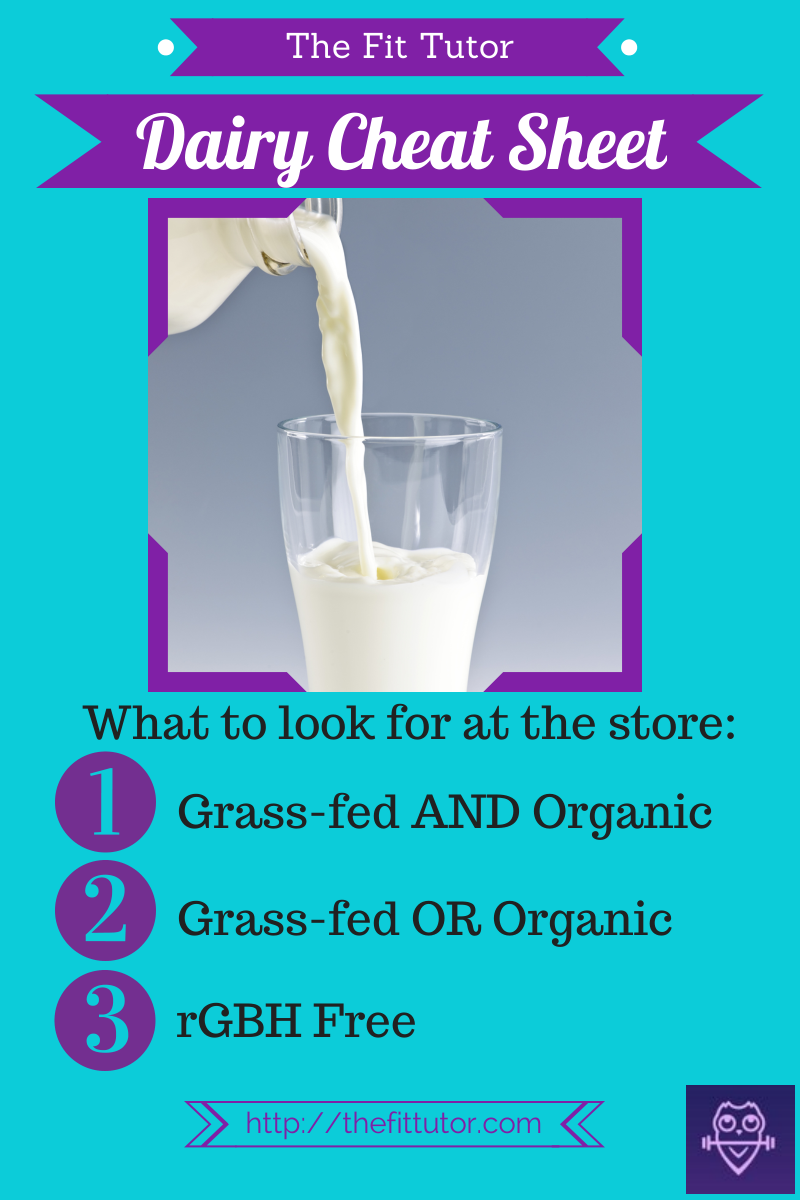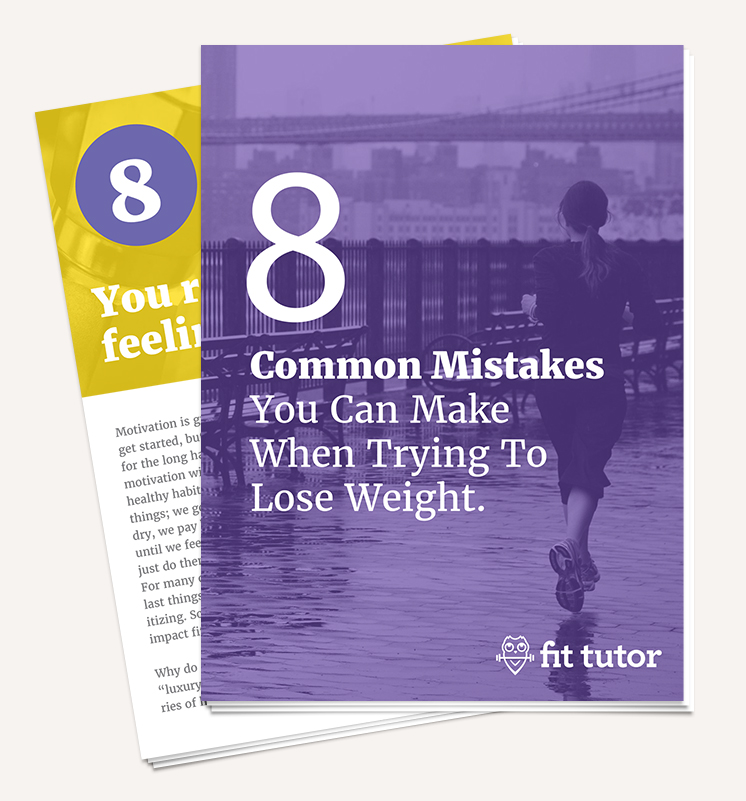I’m really excited for this post of “Detox your life in a year!” This month’s topic of consuming chemical-free dairy has been one of THE hardest things to condense and simplify. I love information, but I want this to be like a Detox 101 and just cover the basics. WOWZA that was hard for this one! Bear with me, and save this post for later if needed! How are you guys doing- still drinking your lemon water? How has washing your produce in vinegar been going so far? I hope GREAT!
Here are some of the important “buzzwords” around healthy dairy. Dairy is extremely important to buy organic, because there’s evidence that what goes in the cow ends up in our bellies.
Grass-fed:
Cows were meant to eat grass. All dairy products are said to have improved health benefits when coming from grass-fed cows. Research shows grass-fed dairy helps lower cholesterol, is higher in Omega-3’s, lower in unhealthy fats, and higher in Vitamins A and E. Some studies have shown it can also help fight cancer and lower the risk of diabetes.
Just because it’s grass-fed, however, doesn’t mean the cow had access to rolling hills of pasture to frolic upon. The USDA’s regulation of “grass-fed” says they need to have continuous access to the pasture “during growing season”, but that doesn’t mean they aren’t in overcrowded pens the rest of the year. If your dairy has a USDA “process verification shield” grass-fed label, it means it was grass-fed for at least 6-12 months, but possibly fed grain after that. Also, just because it’s grass-fed doesn’t mean it’s organic. The grass could have been sprayed with pesticides, or the cows pumped full of antibiotics or hormones. Some third party labels have higher standards, so if you really want to make sure, look for labels from the American Grass-Fed Association or the Animal Welfare Approved stamp.
Organic:
For dairy, animals must be fed an organic diet and cannot be administered antibiotics or growth hormones. Just because it’s organic doesn’t mean it’s grass-fed, but should be if it says both on the label. Organic dairy could have been fed certified organic grains, but the animals were not given antibiotics or hormones and live in a pesticide-free environment.
rBGH (also known as: rBST):
You may see labels on milk or cheese that says it’s from cows not treated with rBGH (bovine growth hormone). This is given to trigger the release of a naturally occurring hormone in cows to increase milk production. The USDA says it’s completely safe for consumption, but it’s been banned in all of Europe, Japan, Australia, Canada, and New Zealand because their studies show it has a negative impact on human (and animal) health- including links to breast and colon cancers. To me, if it’s banned everywhere else, I’m going to try to avoid it. You can read more about rBGH and its negative impact on your health here.
Finally, before I get into some recommended tips and brands for you,
What’s wrong with “conventional” dairy?
If you haven’t picked up on this yet, the “conventional” way [read: factory farms] of raising cows isn’t cutting it. Research has shown that a single glass of milk can contain up to 20 painkillers, antibiotics, and growth hormones. And don’t think those antibiotics are helping you secretly fight off strep… 20 million pounds of antibiotics are given to livestock yearly, and one of the results is more strains of drug-resistant bacteria are being created. While we’re at it… Please never think the word “natural” means anything, and don’t believe antibiotic-free claims unless there’s a certified label. That’s one reason I don’t recommend buying meat from Trader Joe’s. [See The Food Babe’s post: What is Trader Joe’s Hiding?]
OK, so if you made it this far, you’re a CHAMP! This is a LOT of info, and I’m barely scraping the surface. It’s a little overwhelming, huh? From here on out I’ll provide you with some brands, tips, and my personal decisions to help you navigate this crazy maze.
For all dairy it’s best if you buy organic and grass-fed products. Truthfully, I buy Almond Milk, but when I buy dairy I make sure it’s organic, or at the very least without rBGH. You can check out this chart to see if what you buy is made without rBGH. Well-known organic brands are Organic Valley, Stoneyfield Organic, and Horizon, and any of those are fine (unless you care that Horizon tried to block GMO labeling). Unfortunately, certified organic foods allow Carrageenan, which has been linked with inflammation, gut irritation, and even cancer. I buy Silk Almond Milk, as I shared with you in my last post, (even though they also fought against GMO labeling) because it’s one of the few without carrageenan. I don’t have a lot of options where I live, though, so I make do! I’ve read that raw milk or pasteurized, non-homogenized milk are the top two healthy choices. Since we don’t drink much milk, I haven’t explored these yet, but am excited to! I included links at the bottom of the post if you’re interested :)
Butter:
First of all, you should use real butter, not a butter substitute. Butter can be good for you (in moderation), and is much better than substitutes made with GMOs and chemicals. If you wonder why, here’s an article explaining.
The Grass-fed Organic brand of choice is Organic Valley pasture butter (green package)
Grass-fed Non-organic brands are Kerrygold, Anchor, Allgau German Butter, and Smjor Butter (Here’s a review of grass-fed butter brands and where to purchase).
Organic grain-fed brands are Organic Valley and Stoneyfield Organic. This isn’t an exhaustive list- don’t forget your local farmers :) I personally settle for grass-fed non-organic or just organic butter, based on price and convenience…
Cheese:
I stock up when I go to EarthFare, Whole Foods, and even Trader Joe’s, but I just read labels! I’ve had a lot of trouble finding specific brands for grass-fed and organic besides Organic Valley that you can find at your average grocery store, but I know that by checking the farmer’s market, ordering online, or searching in a health food store you will usually find something great! My main requirement for cheese is that it’s organic, based on price and convenience. It’s probably worth saying that Cabot, although being from beloved Vermont, makes a lot of its cheeses with rBGH milk, so make sure it says it’s rBGH-free on the label- if it doesn’t say it, then it’s not, which really bums me out…
Yogurt & Sour Cream:
For these two, you will still be looking for the same standards and brands we have been referring to, like Organic Valley, Horizon, Stoneyfield Organic, etc. Recently, a few mainstream yogurt companies switched from rBGH milk (woo hoo!): Yoplait, Dannon, Great Value, and Fresh and Easy (read more on that victory here). Please remember though that these are just rBGH-free, and not organic or grass-fed. Whole Foods is ditching Chobani because of GMO’s, so I would avoid them if possible! Yogurt has a reputation for being healthy, but read your labels. Many of the “healthy” yogurts are actually filled with chemicals. The ones with fruit added? Loaded with sugar. A great rule of thumb is to stick with organic (and preferably grass-fed) and look for the shortest list of ingredients that you can! The longer the list, the bigger the chemistry experiment. The only one I really buy is Stoneyfield Organic Oikos. What’s your fave?
We try to limit our dairy, but in the winter we eat a lot of chili and tacos, so we need sour cream! I buy Lilly Brand Sour Cream at Harris teeter and Organic Valley when I go elsewhere.
Low-fat vs Full-Fat
Those of us who are health (and waistline) conscious think we do ourselves a favor when we buy low-fat foods. That’s not always the case. When they remove the fat in dairy products they use additives to keep the creamy texture. Sometimes they add powdered milk, which contains a more harmful type of cholesterol than full-fat milk, and then you also miss out on the fat that helps you absorb the milk’s nutrients. Many low-fat foods have increased sugar to make up for taste, and of course sugar and carbs can make you fat, too. Yogurts and sour creams are often filled with hydrogenated oils which have many adverse health effects. According to Michael Scott, this might be a lose-lose-lose-lose situation? If you’re really trying to detox your life, you want reduce any chemicals or additives, so the real deal is what you want. Keep in mind, though, that with full-fat versions of dairy you are going to have to be more disciplined in portion control!
Putting it into practice:
Raise your hand if you feel overwhelmed….
- Look at your dairy. What are you buying? What are the ingredients? What are the brands?
- Look for the recommended brands or labels at your local grocery store. Compare prices. It hurts a little to pay the higher prices for higher quality, but we just use it more sparingly. I stock up when things are on sale. We buy block cheese and use a grater because we use less that way, and I am conscious of how much butter I use when cooking. If you don’t think you can swing it financially, read this post for tips, or save it for another season of life! Or try out Costco and see if you end up saving $$ there :) Here’s a blog about organics at Costco!
- A few substitutes: I buy almond milk instead of regular milk, coconut milk coffee creamer, and I cook with coconut oil.
- You could also focus on one thing a week. This week? Milk. Next week? Butter. The week after that? Cheese (you get the idea..).
- Evaluate how much dairy you consume and check out some of the resources below. I am not sure that any of these studies have been done with grass-fed/organic dairy, however, so keep that in mind.
Thanks for hanging in there! Below you’ll find resources & a disclaimer from yours truly ;) Feel free to post questions or your fave brands in the comments!
Allison
Further reading and sources, *The more you know!*
Local Dairy Resources:
- Local Harvest– use this to find CSA’s, grass-fed dairies, restaurants serving local food, etc
- Eat Wild – find a local grass-fed farm
- Eat Local Grown
- American Grass Fed’s search for “dairy products“
- Farmstand App – see who’s coming to your local farmer’s market!
- Search for your own local Farmer’s Market Delivery service or CSA pick-up. Here in NC I have loved using Backyard Produce and The Produce Box
Great Overview:
- The Truth about Grassfed Beef – Food Revolution
- The Difference Between Grass-fed and Grain-fed Beef – Mark’s Daily Apple
Adverse Health Effects of Dairy in General:
- Milk: Superfood or Poison? – Rodale News
- Breast Cancer and Dairy research – Daily Mail UK
- The Organic and Free Range Myth – PETA
- Harvard Study: Pasteurized Milk from Industrial Dairies Linked to Cancer– Natural News
- Time to Take Milk off the Menu? – Psychology Today
More about chemicals in your dairy:
- What’s Really in your Milk? – Dr. Mercola
- Why Healthy Milk Comes from Less-Gassy, Longer Lived Cows – Rodale News
- Organic Milk May Save Your Heart– Rodale News
- Hormones– Sustainable Table
- Harvard Scientist Encourages People to Stop Drinking Low-Fat Milk – Underground Health
Food Labels
- The USDA Label says Grass-fed, but is it?– Mother Earth News
- What Food Labels Really Mean– Greatist
- Grass-fed on the Label: What it Does and Doesn’t Tell You– EatDrinkBetter
Ethical Treatment
- Factory Farming: Cruelty to Animals – PETA
- Undercover Investigations: Exposing Animal Abuse – Mercy For Animals
- Ditch the Dairy (Resources) – This is a great comprehensive list with information about cosmetics, environmental impacts, ethical treatment, and some studies about the negative health effects of dairy.
RAW Milk Resources (I have not researched this much, but plan on it!):
- Real Milk– Realmilk.com
- Is Raw Milk Safer than Pasteurized? – Dr. Mercola
- What the FDA says about Raw Milk
- Milk 101: Raw, Organic, Low fat etc– 100 Days of Real Food
- Is Homogenized Milk Bad for You? – Nutrition Diva
Info on Dairy Alternatives:
- What’s the Best Dairy-free Milk? – Eat Life Whole
- Non-dairy Milks: Think Twice Before Buying – Empowered Sustainance
- The Skinny on Milk: Which Type is Right for You? – Fit Day (although I try to avoid soy as much as I can)
Recommended Viewing/Reading (What would you add to this list?):
- In Defense of Food & The Omnivore’s Dilemma– Michael Pollan
- Food Matters: A Guide to Conscious Living- Mark Bittman
- Forks Over Knives documentary
- Food, Inc Documentary
A disclaimer to my vegan friends: From my heart, I want you to know I’m trying to provide resources and information for those who already choose to consume dairy so they can make better health decisions. I apologize if this has offended any of you. I have 100% respect for your decision, and am glad there are people out there advocating for animal rights. I’ve included some pro-vegan articles because I think they’re important.
A disclaimer to everyone: This post is written from a detox point of view. I’m not trying to be political or advocate for anything other than what the FDA suggests you eat, I’m just trying to help you do it sans chemicals. This does not cover everything for this topic. And for every article posted there’s sure to be one out there with an opposing view, so do your research if you care to, and keep that in mind. :) Good luck!





This is very helpful. I plan to change my buying habits!
That’s so awesome! I’m so glad to hear it. Taking things one step at a time will really help. This is an awesome lifestyle change :) Woo hoo!